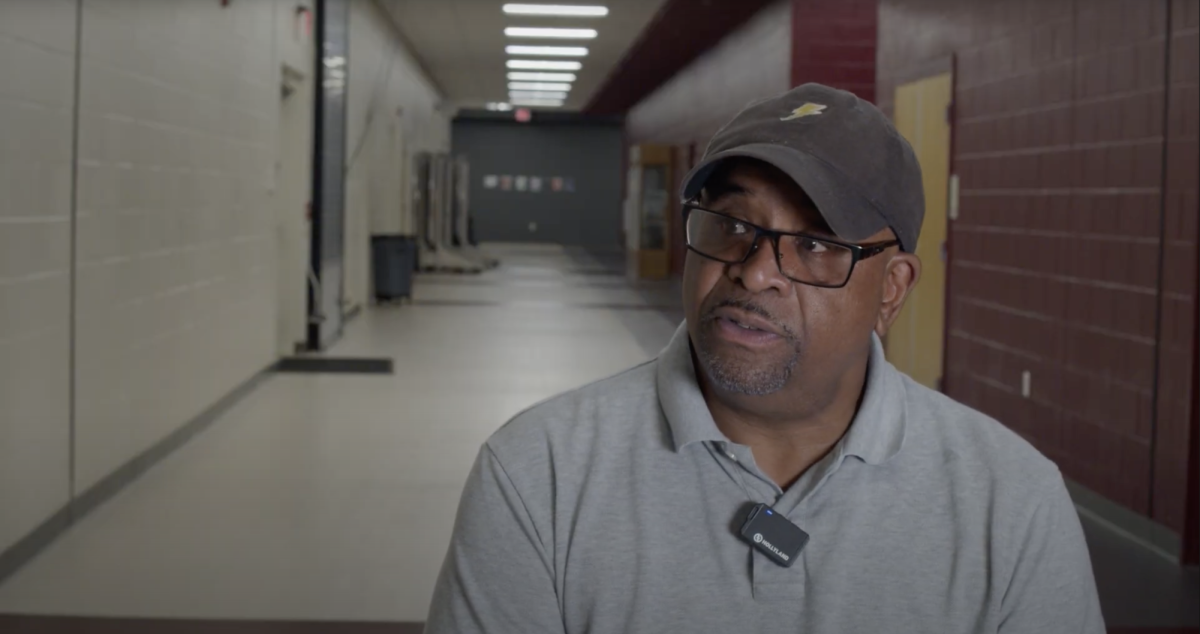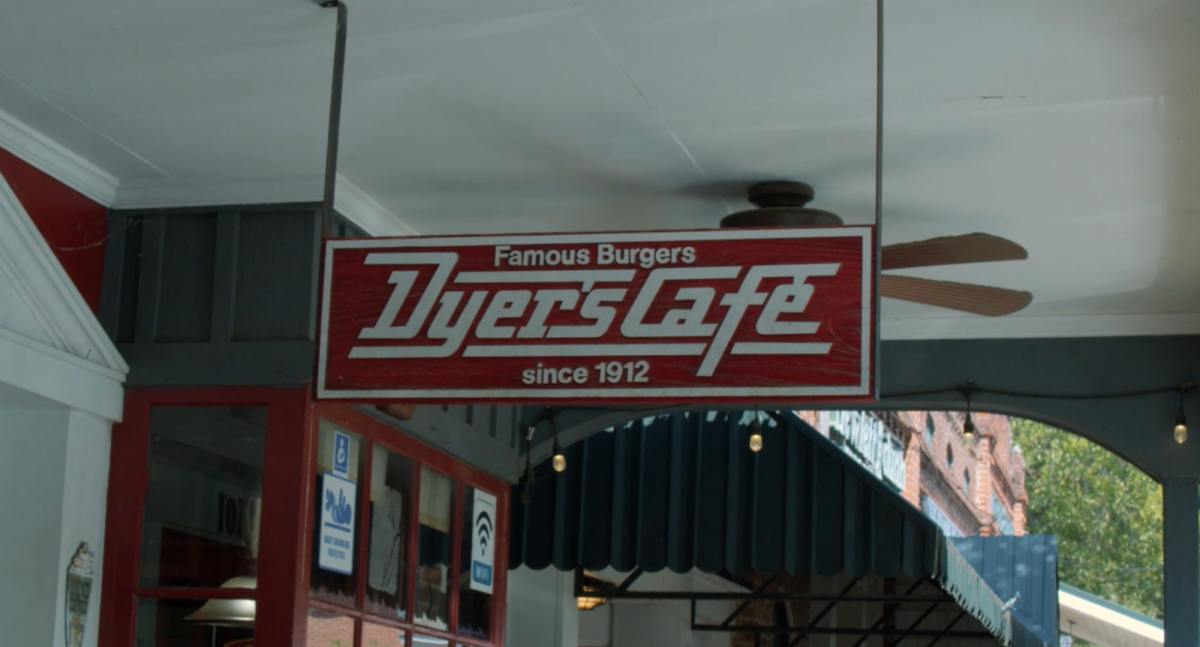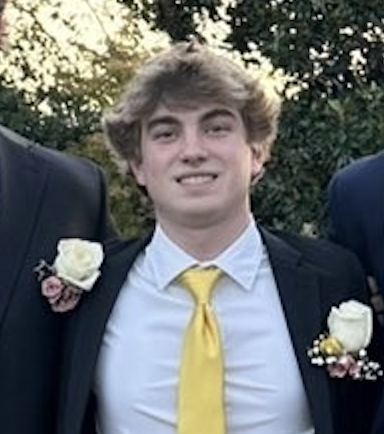MEMPHIS, Tenn. (CHSTV) – The Memphis Safe Task Force is a federal-state-local law enforcement operation launched in Memphis, Tennessee, to address violent crime in the city. The operation has been a subject of significant public and political discussion.
Here is a breakdown of the key information available about the task force, its initial results, and the role of the National Guard:
Arrests and Seizures
Total Arrests: Reports from the first week of operation, which began on September 29, 2025, show varying totals.
The U.S. Department of Justice (DOJ) reported 321 arrests after seven days of operation.
Attorney General Pam Bondi’s earlier reports cited 273 arrests in under a week.
The FBI’s Nashville Field Office noted 132 arrests just from its federal agents.
Breakdown of Charges (as of early October 2025, per DOJ):
Warrant pickups: 99
Administrative: 82
Firearms: 41
Narcotics: 26
Sex Offenses: 18
Homicide: 1
Probation/Parole: 2
Other: 52
Seizures: DOJ officials reported that 83 firearms were seized during the first week. Additionally, seven missing children were found.
Prosecution: Shelby County District Attorney Steve Mulroy stated that his office is preparing to handle the increased caseload, as only about 20% of the arrests are expected to go through federal court, leaving the majority to state prosecutors and judges.
Role of the National Guard
The Tennessee National Guard is participating in the operation, but state and city officials have stressed that their role is strictly supportive and non-law enforcement.
Official Role: The Tennessee National Guard’s function is to act as a force multiplier and provide additional “eyes and ears” to support the Memphis Police Department and other local law enforcement.
Limitations:
National Guard troops will not make arrests or issue warrants.
They are expected to be unarmed, unless local law enforcement specifically requests otherwise for a particular mission.
The troops were planned to be deputized by the U.S. Marshals, but their role remains support-oriented.
Suggested Duties: Memphis Mayor Paul Young suggested they could assist with tasks like traffic assistance for big events, monitoring cameras to call in backup, or neighborhood “beautification” efforts.
Number of Troops: Governor Bill Lee did not expect more than 150 National Guard members to be deployed.
Community and Political Reactions
The deployment has led to divided reactions among local leaders and the community:
Opposition and Concerns: Many local and state leaders, particularly Democrats, have voiced strong opposition, often referring to the operation as a “military occupation” and a “political stunt.”
The Memphis NAACP Chapter demanded “investment, not occupation,” and “progress, not politics.”
State Representative Justin Pearson (D-Memphis) and others have argued that the National Guard is trained for combat, not community-based policing, and its presence risks escalating tensions and eroding community trust.
Memphis Mayor Paul Young stated that he did not ask for the intervention and doesn’t believe it will reduce crime, but committed to remaining “at the table” to help guide their engagement.
Shelby County Mayor Lee Harris criticized the notion of an “occupation, armored vehicles, semi-automatic weapons, and military personnel in fatigues.”
Support: Republican leaders, including Tennessee Governor Bill Lee, have supported the task force, calling it a necessary infusion of resources to combat what federal data cited as the nation’s highest violent crime rate in Memphis in 2024. Supporters see the task force as “restoring law and order.”
Republican officials have pointed to a similar federal surge in Washington, D.C., as a successful model.
Governor Lee stated that the deployment will add momentum to an existing FBI operation.
It is worth noting that MPD reported that overall crime had been decreasing in the first eight months of 2025, with overall crime at a 25-year low and the murder rate at a six-year low, even before the deployment.







